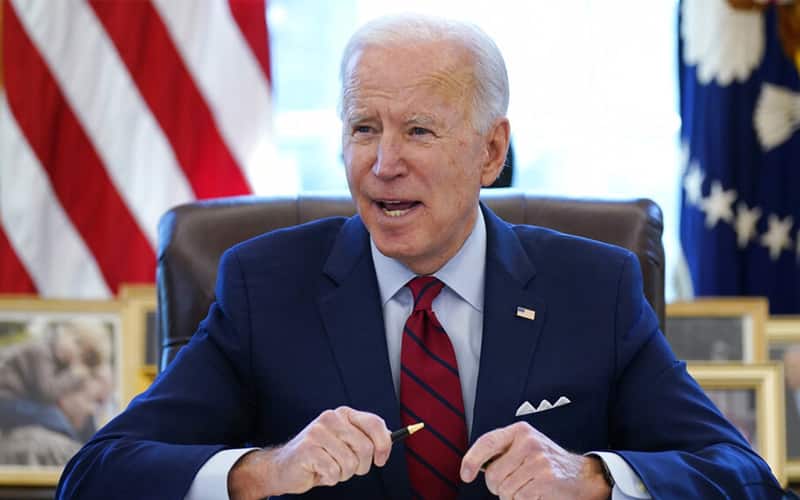
President Joe Biden plans the first major federal tax hike since 1993, according to Bloomberg. The hike will pay for the long-term economic program designed as a follow-up to his pandemic-relief bill.
Unlike the $1.9 trillion Covid-19 stimulus act, the next Biden initiative, which is expected to be bigger, won’t rely just on government debt as a funding source.
The planned changes are also seen as an opportunity to address the inequities in the tax system.
- The plan is expected to test Biden’s capacity to woo Republicans and Democrats’ ability to remain unified.
- While the White House has rejected a proposed wealth tax by Democratic Senator Elizabeth Warren, Biden’s administration’s current focus is seen to target the wealthy.
- The tax hikes are likely to repeal sections of President Donald Trump’s 2017 tax law that benefit corporations and wealthy individuals.
- Under the proposed changes, corporate tax will rise to 28% from 21%, while the income tax rate would be raised for those earning above $400,000
- The proposals also allow paring back tax preferences for so-called pass-through businesses, such as limited liability companies or partnerships.
- There is also a proposal to expand the estate tax’s reach and higher capital-gains tax rate for individuals earning at least $1 million annually.
- More money for Internal Revenue Service enforcement is also recommended.
- Democrats also look to revise laws that are not effective enough to stop U.S companies from shifting jobs and profits offshore.
- If passed, the tax measures would take effect in 2022, though some lawmakers and Biden’s supporters have argued for holding off while unemployment remains high due to the pandemic.
Democrats see the next package as effectively the last chance to reshape the U.S economy on a grand scale before lawmakers turn to the 2022 mid-term campaign.U.S stocks are currently declining as the dollar gains. SPY is down 0.31%, QQQ is down 0.15%, EURUSD is down 0.28%




